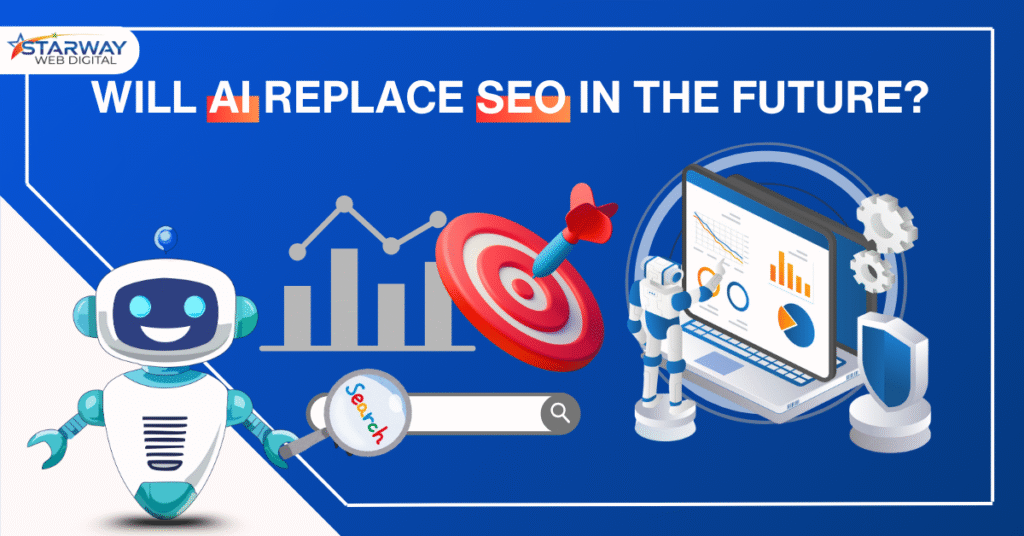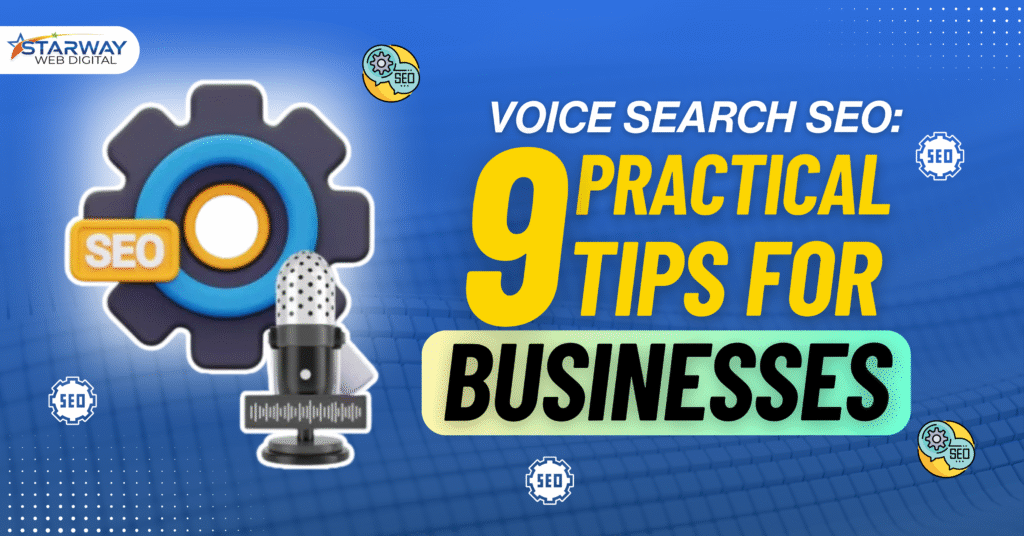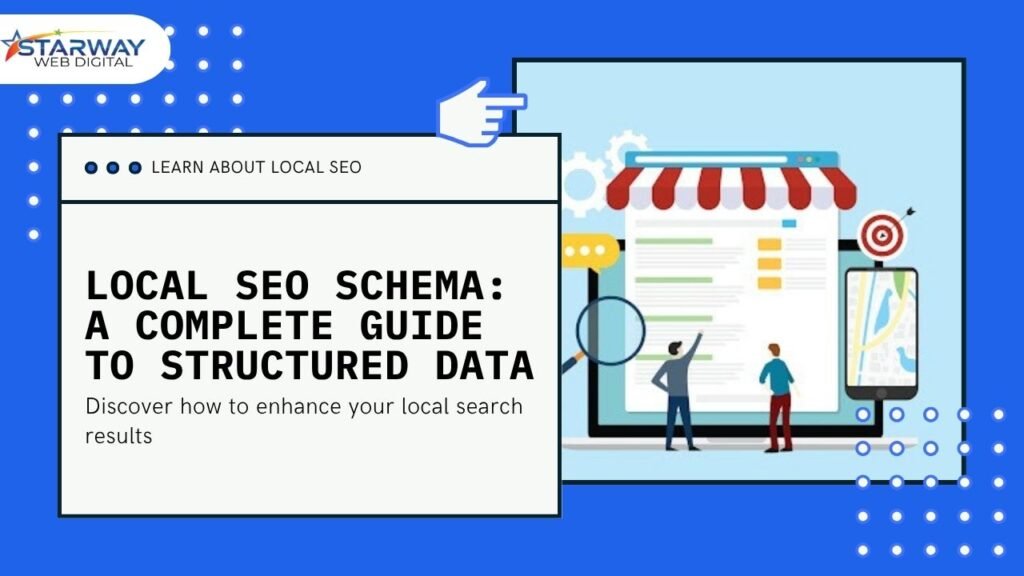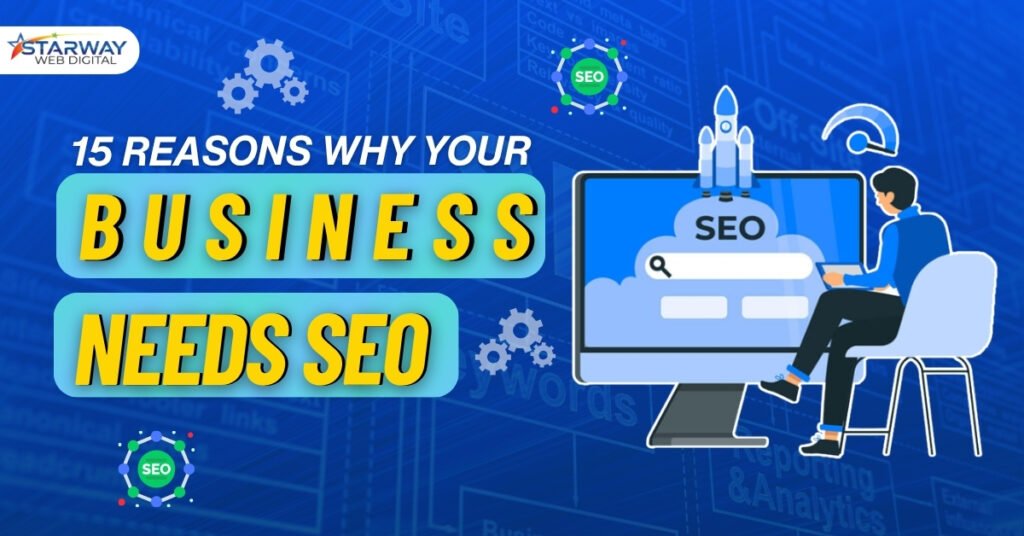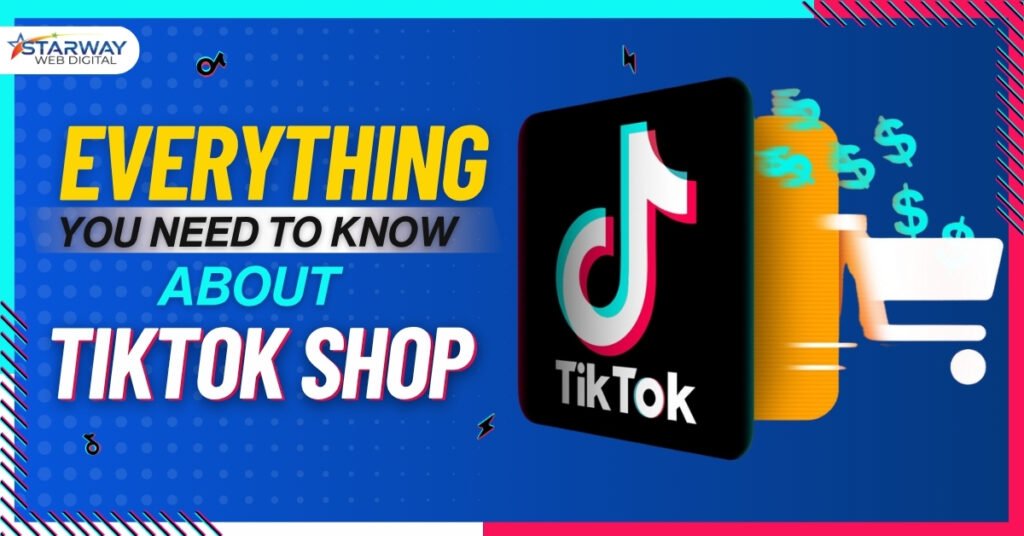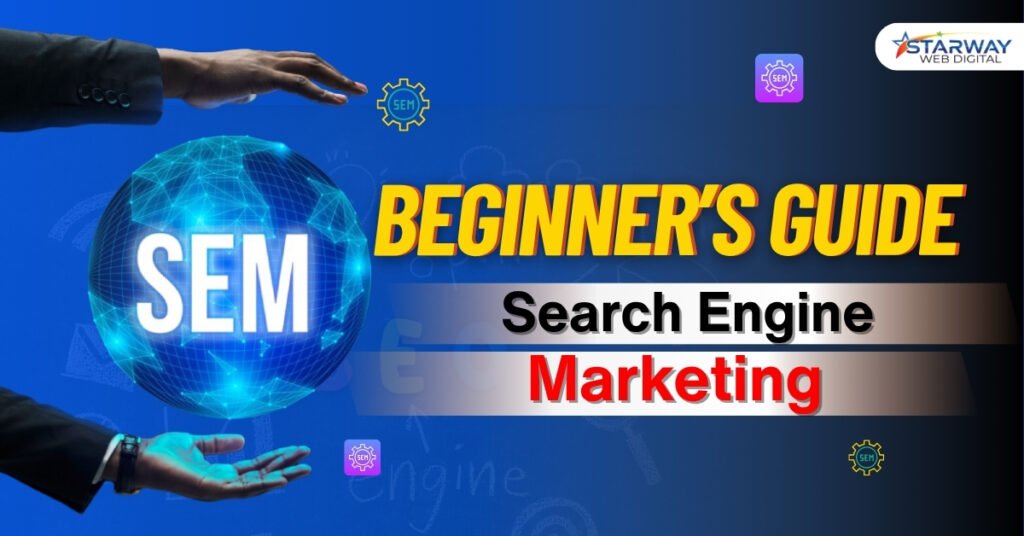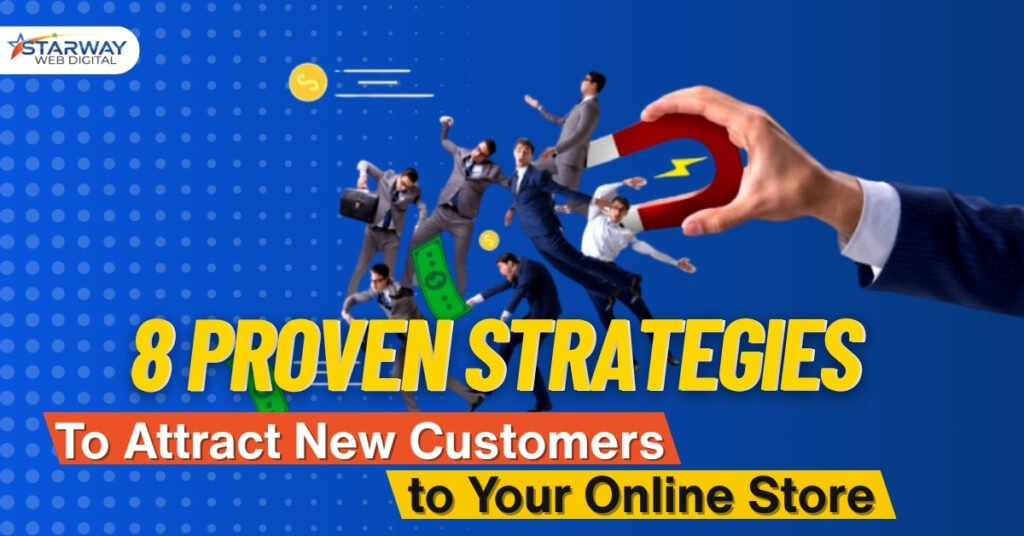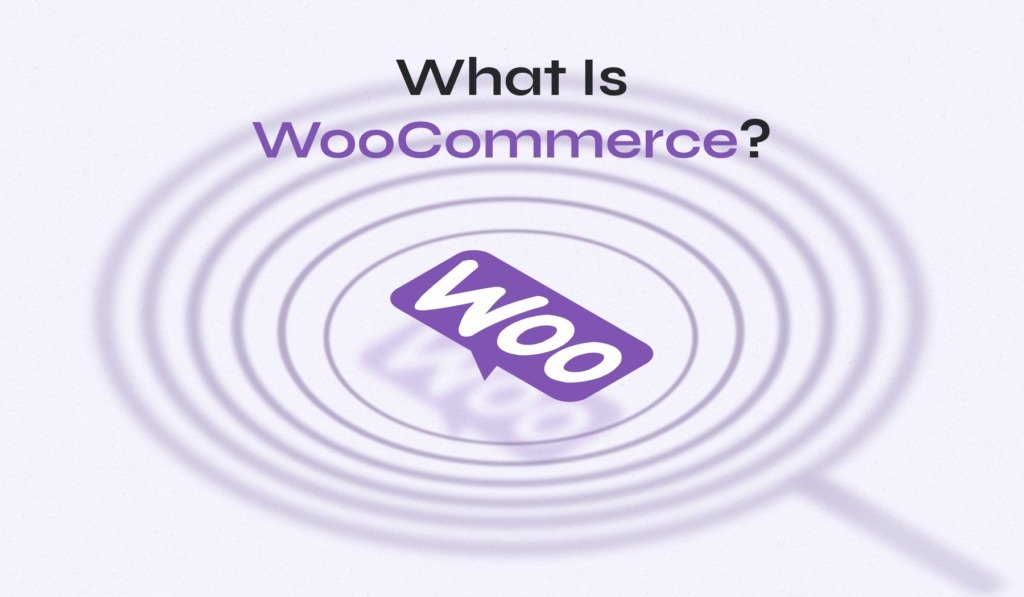Will AI Replace SEO in Future? Examining the Myths and Realities
AI is the hot topic in digital marketing these days, and if you’re reading this, you’ve probably wondered: Will AI replace SEO in future? As search engines become smarter and artificial intelligence tools are everywhere, this question is more relevant than ever. But does this mean the end for SEO, or just a new chapter? The Rise of AI in Search: What’s Happening? Artificial Intelligence is now at the heart of search engines like Google. Tasks like content analysis, keyword suggestions, and even personalized search results are driven by AI. Plus, language models such as ChatGPT and Perplexity have changed how content can be produced and optimized. All this progress makes people wonder if SEO experts will still have a job in a few years. Will AI Replace SEO in Future? The Real Answer Here’s the big question: Will AI replace SEO in future? The truth is: SEO isn’t going away, but it’s transforming fast. Here’s why: How AI Is Changing SEO, Not Destroying It AI has already taken over many repetitive SEO tasks—like bulk keyword research, quick site audits, and content generation. But these are just tools. Here’s what still sets human-driven SEO apart: SEO Careers: Safe Or Not? There’s no need to panic about SEO careers. The skills needed might change, but smart SEOs are now in demand for: If you’re learning SEO, you’ll want to get comfortable using AI as a tool—not fear it. Your value is in blending technology and creativity. LSI Keywords: What Are They and Why Do They Matter? AI understands language with more depth than ever. Using LSI keywords (like “SEO trends,” “AI in digital marketing,” “search engine optimization future,” “content optimization,” and “algorithm updates”) helps both users and search engines find your content. It’s good for SEO today—and for whatever comes next. SEO’s Future: It’s Answer Engine and Generative Engine Optimization SEO isn’t going away, but it’s evolving. Want to learn more about the next big things? Conclusion: Embrace the Change Instead of asking “Will AI replace SEO in future?”, the real question is: How do I use AI to make my SEO better? The future belongs to people who welcome these tools and build on SEO basics: quality content, user focus, and continuous learning. Why Choose Starway Web Digital? At Starway Web Digital, we live and breathe SEO. Our experts blend the best of human creativity with the latest AI tools to deliver results for your business. Whether you’re looking to adapt to the latest AI trends or boost your site’s rankings, we’ve got your back. Explore our resources, or get in touch to see how we can take your SEO strategy to the next level!
Will AI Replace SEO in Future? Examining the Myths and Realities Read More »

